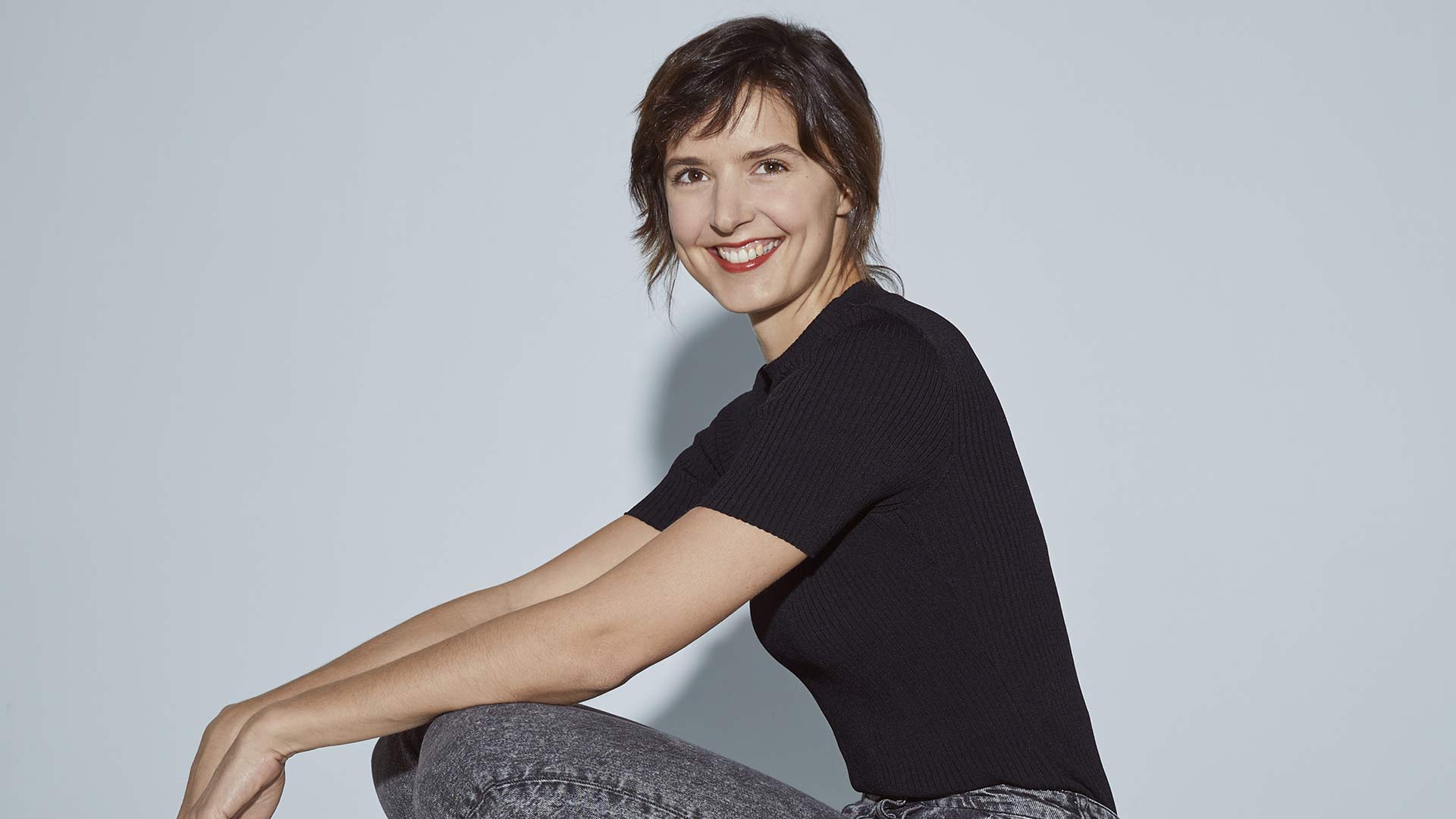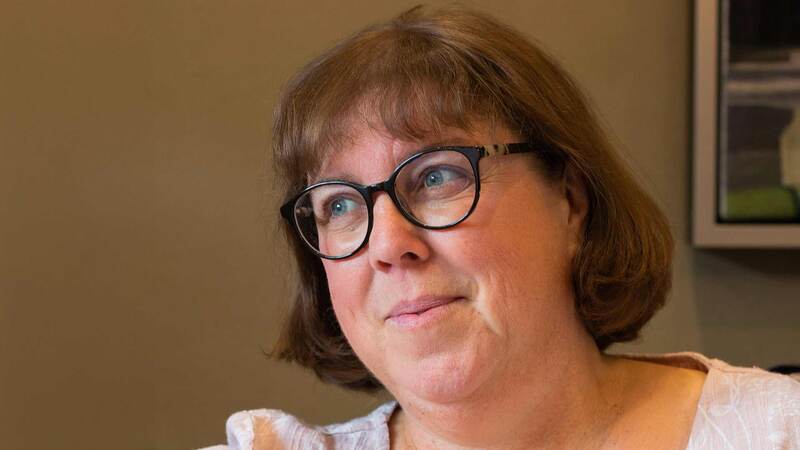You are viewing your 1 free article this month. Login to read more articles.
Brain drain
While the industry talks a good game about inclusivity, in reality it often forces out experienced female staff and those with caring responsibilities.
"I have been made redundant. I’ve lost my job,” was the shocking news I received when I bumped into a former colleague recently. The news was delivered with a stoic smile, but the pain of this loss of a successful career was palpable, “I’m too young for retirement, I’ve still got so much to give.” Her eyes welled up, my eyes welled up. There’s being brave, and there’s professional heartbreak.
“I don’t understand how this has happened,” was my pretty feeble reply. But I was stunned, shocked to my core. Standing before me was a woman who had won Nibbies, delivered her budget, was known across the world as a great publishing partner and colleague. She was a 55-year-old woman who excelled at her job and ran her department with a reputation for fairness and a straightforwardness that I had admired for many years. She, and her team, just got on with the job at hand and delivered results for the company. Did her face not fit any more? Had she been around for just too long or was her age (and gender) part of the decision to let her go?
Publishing is slowly working through its -isms, rightly yet belatedly self-flagellating over its lack of diversity of any kind. One -ism that is not being addressed, however, is ageism.
Publishing is excited by the new: young writers, creators and colleagues. And so it should be, they are the future. But with most books being bought by women over 35, and 70% of US sales coming from backlist titles—deep backlist at that—the industry ignores a peri and menopausal demographic at its peril.
While working at one of the Big Five publishing houses, I was a member of a network created to support colleagues as they balanced caring for relatives with extra needs. These members were all women, in their forties and fifties (no surprise: 58% of carers are women, according to carersuk.org). One of the members chose to leave the company to look after their child with disabilities; the other women met regularly for support as they balanced caring for ageing parents with busy jobs. It was my turn to send out the agenda for our next meeting and, after a round of pre-Christmas redundancies, I had bounce-backs from each of their email addresses. They had all been made redundant, across the group, across different areas of the business and across seniority tiers. It’s hard not to draw an unhappy conclusion from this small data pool.
Covid has, hopefully, rid our industry of the office presenteeism that has hindered women who often become the primary carers of their children and dependants. There are laws in place to protect maternity leaves and re-entries, but every woman will go through the menopause, often at the most demanding stage of their lives (looking after ageing parents and children), with no formal support. So many exit, or are exited, from our business all too soon. What a waste. What a terrible waste of knowledge and experience.
This is a serious brain drain for our industry at a moment when we see continued growth in backlist sales, heritage brand success and genre publishing bestsellers. TikTok may well have changed the nature of discovery, but the principles are the same as they have ever been: we trust personal recommendations over all others. And to connect to an audience of any kind we must be inclusive, and we must celebrate the established, along with the groundbreaking.
A senior executive once asked me, and perhaps it was more of a comment, “You’re older, aren’t you?” I was 42 years old. “I don’t consider myself ‘old’,” was all I could reply, trying to take anything that could be judged as over-sensitivity out of my voice. But why did I not clap back loudly and call out that ageist comment? I’m not walking a catwalk, I’m in the publishing industry—and are men judged in this way?
The magpie-like reaction to the shiny and new is understandable. But we need patina too, the book-buying market demands it—just look at the bestseller lists today. To publish for every community, we need our industry’s workforce to represent every community, including women over 40. And when was that old? So, it’s the responsibility of employers to recognise the power of a diverse workforce—across every protected characteristic, including age—and not let the knowledge and talent drain happen to women who deserve better and an industry that needs diversity more than ever.



















